
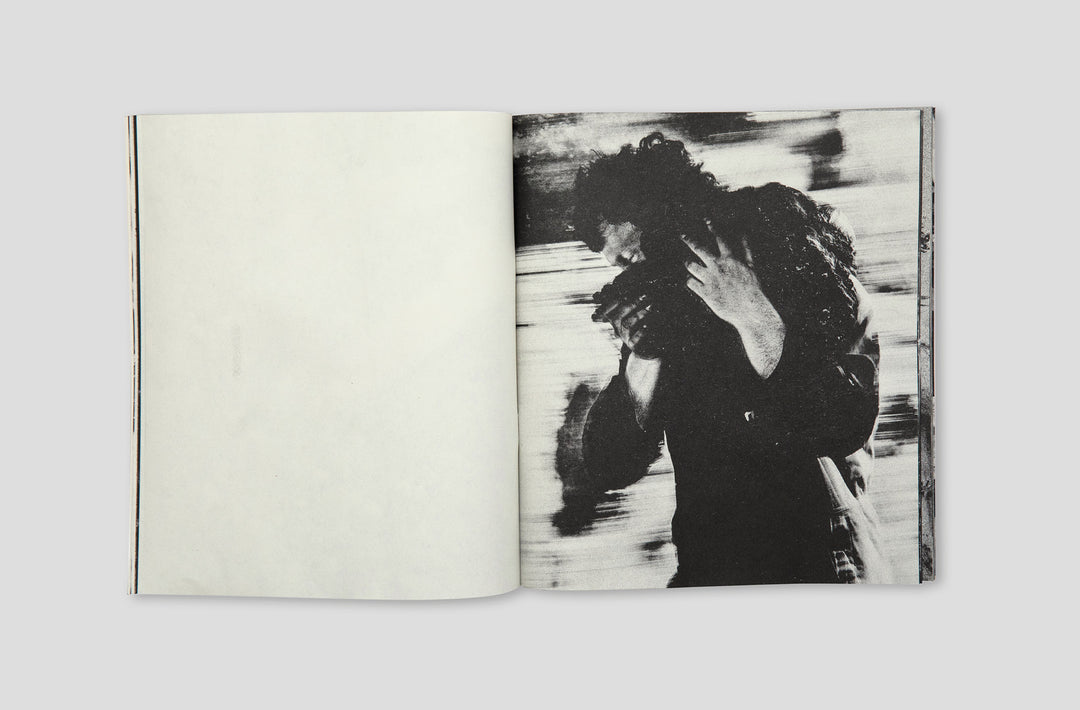
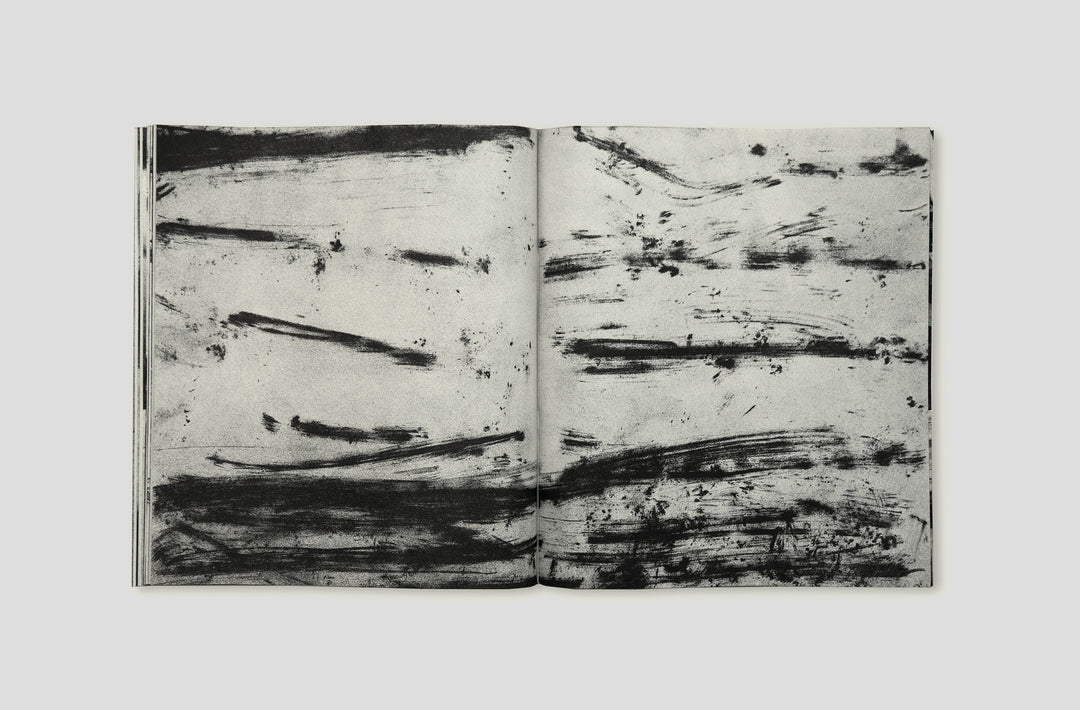
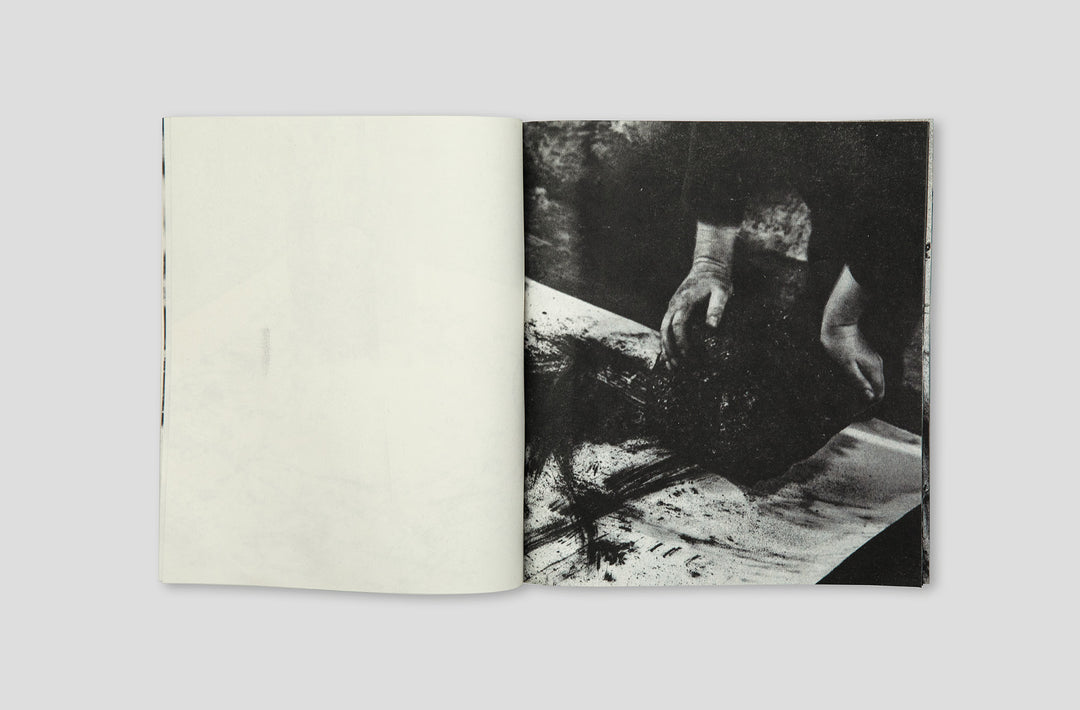
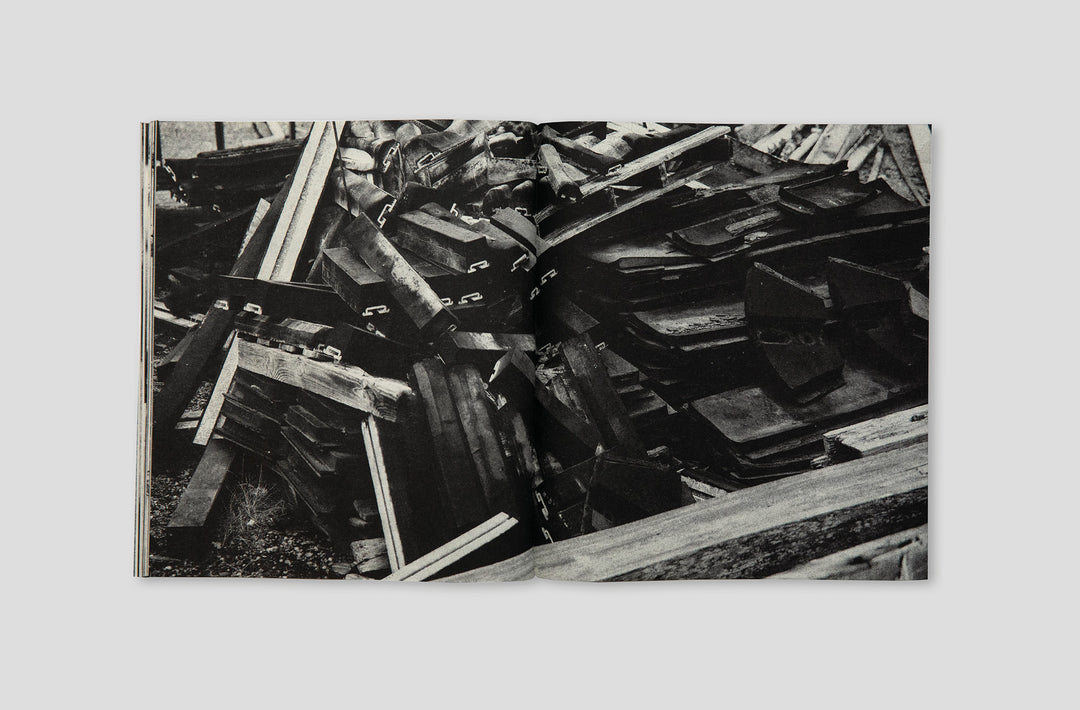
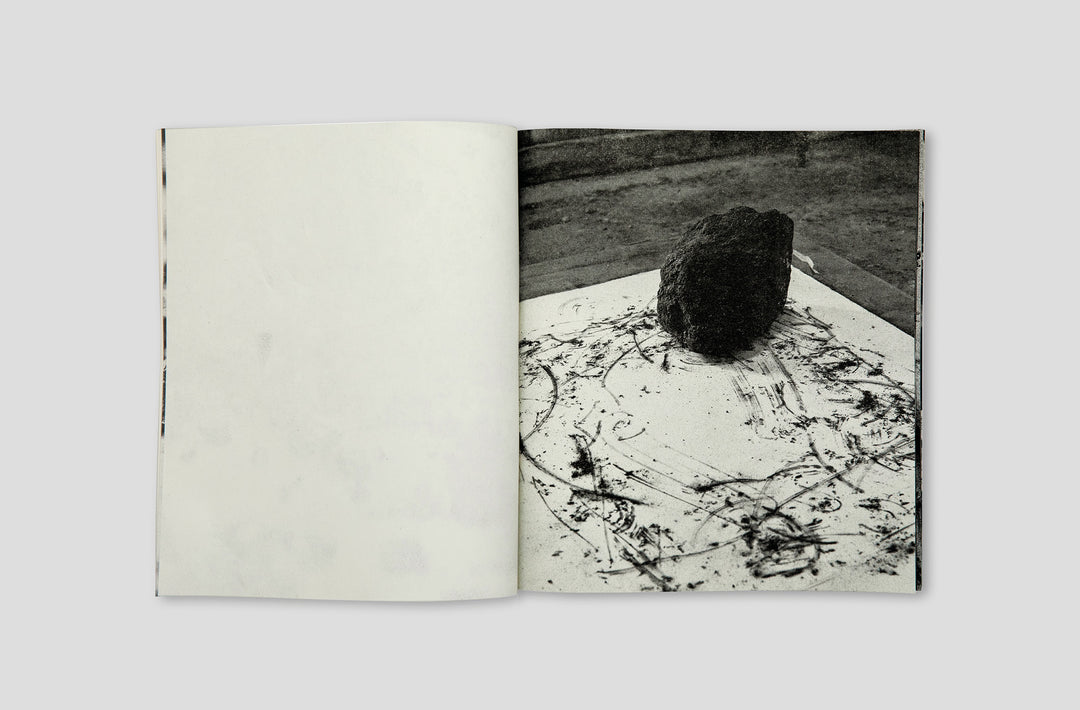

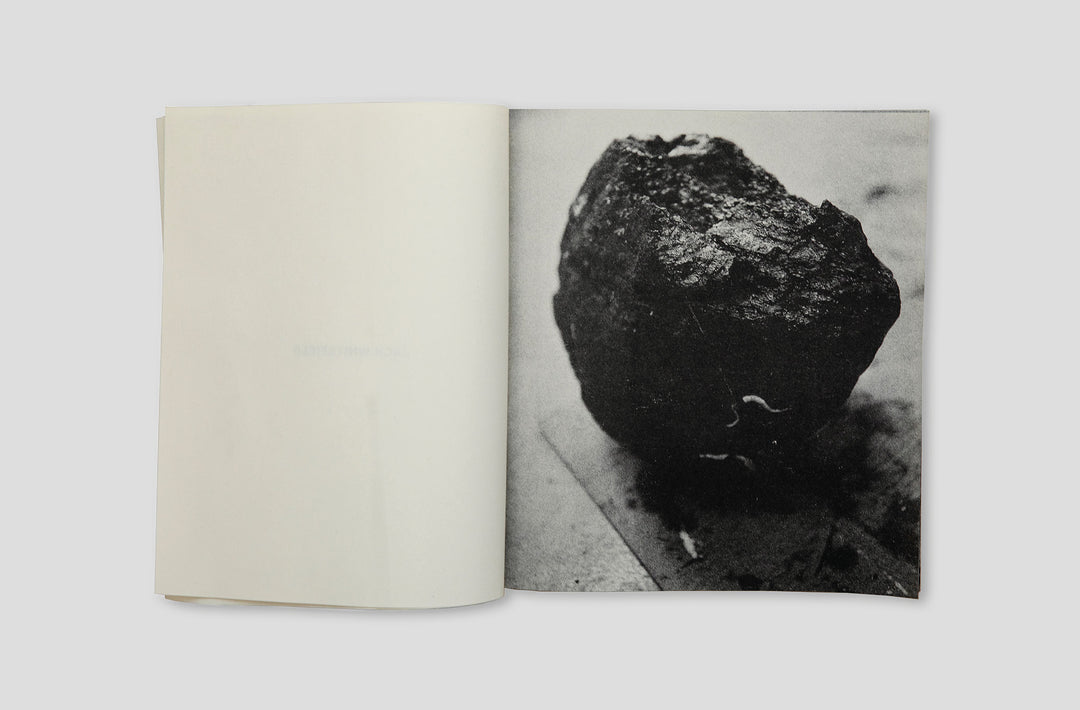
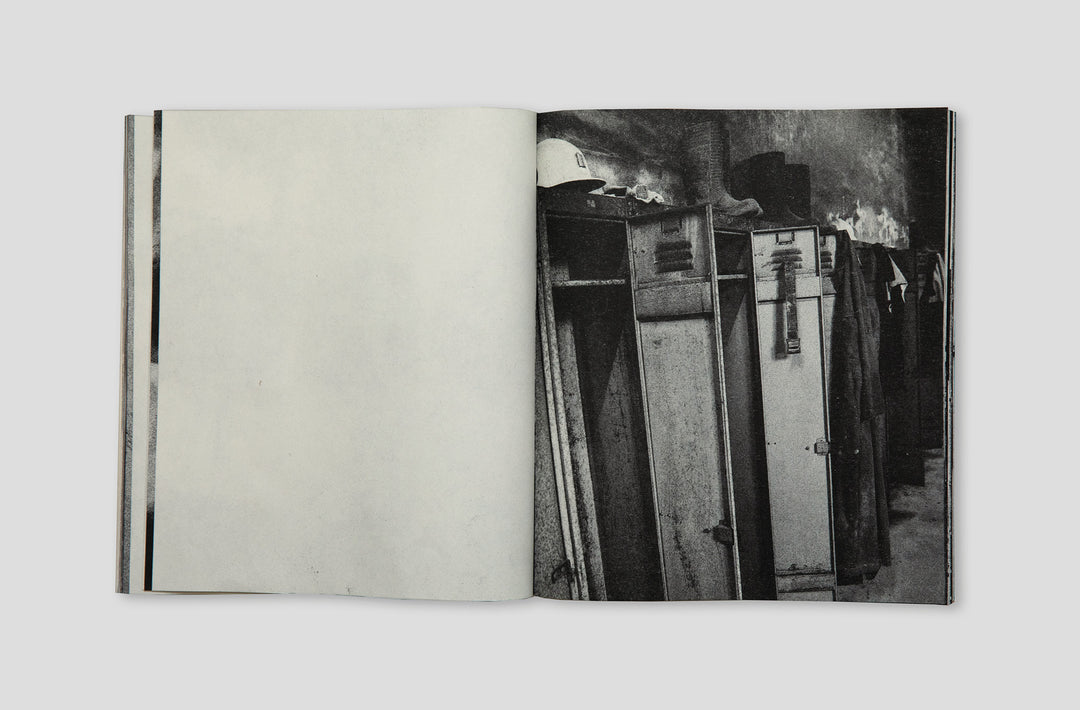
"Keunyser" [koe'nI'zEr], m. – the Cornish term for a 'fuel gatherer' – Seacoal emerges from the ocean, unintentionally ensnared by trawling fishermen and delivered ashore. This material encapsulates contradictions, once a driving force propelling the progression of human civilisation, coal now casts a shadow over the very systems it once fuelled. The work is an act of labour, meticulously charting marks on paper through repetitive motions that evolve into a ritualistic performance. The coal is rolled, pushed, pulled, and rubbed, tracing the material's path of inevitable decay. Once revered, these coal relics now stand as silent witnesses to the complexities of progress and the delicate equilibrium needed to preserve our world.
“Seacoal in the Southwest of England typically originates from wrecked ships that were carrying coal as fuel. However, its significance extends beyond industry. It has ancient traditions associated with it, where it adorned fishing boats and was believed to bestow ancestral wisdom and good fortune. In Thomas Nicols’ ‘Lapidary’ or ‘The History of Precious Stones,’ coal was even described as an amulet against evil spirits. There are accounts of finding several pieces of coal placed under the floorboards of a house, suggesting a belief in its protective qualities. These anecdotes amplify the intricate web of belief and tradition woven around Seacoal’s enigmatic properties.”112 pages, 170 × 240 mm, 52 tritone plates
- Silk screen cover (Pulverized Seacoal and Acrylic blend medium)
64 page, colour Risograph on newsprint
23.5 x 20 cm, Staple bound